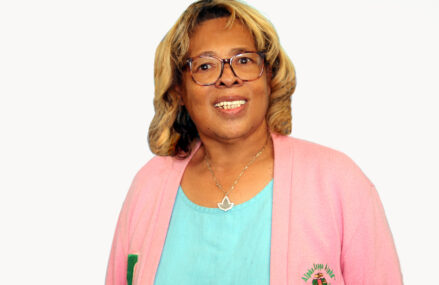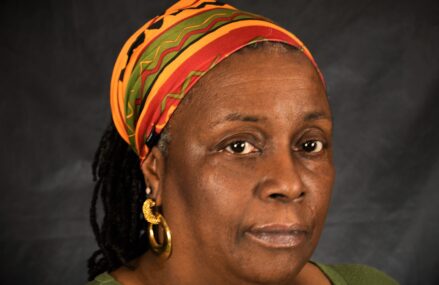John Hope Bryant makes an impassioned case for emergency managers to include financial literacy as a priority in their communities. He also asks emergency managers to consider how disaster recovery dollars could improve the financial resilience of community members that live in poverty. Bryant’s recent focus is on working with banks and other community organizations, including credit union rexburg to help individuals dramatically improve their credit scores.
Managing your money is a personal skill that benefits you throughout your life – and not one that everybody learns. With money coming in and going out, with due dates and finance charges and fees attached to invoices and bills and with the overall responsibility of making the right decisions about major purchases and investments consistently – it’s daunting. To be financially literate is to know how to manage your money. This means learning how to pay your bills, how to borrow and save money responsibly, and how and why to invest and plan for retirement.
Take the initiative to get financial planner coaching and grow your financial knowledge. Putting time into your financial development improves saving and investing decisions. Developing financial acumen starts with opening a bank account. Once you have a paycheck, set up direct deposit. This keeps your money secure and saves you from paying interest to cash advance companies which charge a percentage of your check. For more financial tips you may want to check out this independent private equity firm.
Having a bank account provides convenience, access to a choice of benefits and safety. Checks and debit cards offer proof of payment so you have a record of transactions showing where your money goes. The FDIC insures money in a savings account for up to $250,000. It may save your life to know that each ChexSystems dispute is unique and may lead to unexpected results even if you owe only couple of dollars to the banks.



